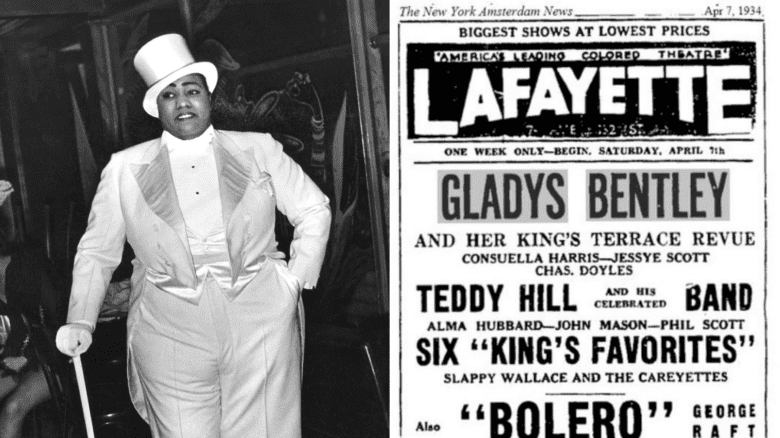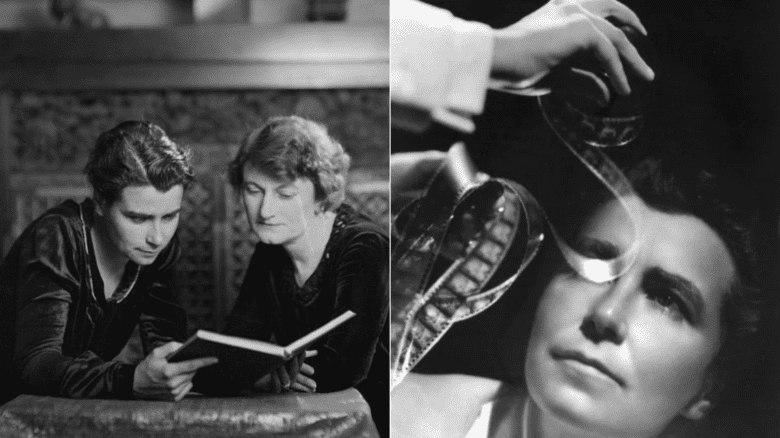“‘Bed death,” the phenomenon where you stop feeling sexually attracted or sexually motivated, or you just can’t get it on with a partner you’ve been seeing for a while, or for a long time, is something that happens to everyone. If you’re heterosexual, homosexual, bisexual, pansexual, omnisexual, all the other kinds of sexual, this can happen to you. It’s just normal,” says Kai Cheng Thom.
Spending erotic time together—without necessitating sex—can be a significant way to rekindle sexuality.
“The goal is not to use a particular toy or do anything huge. It’s just to be together and explore eroticism that often really does help because it’s setting the time and creating this sort of sheltered space where you can explore eroticism with one another,” advises Thom.
It’s our latest in the video series “Ask Kai: Quickies,” offering relationship advice for those in a hurry.

 Why you can trust Xtra
Why you can trust Xtra


